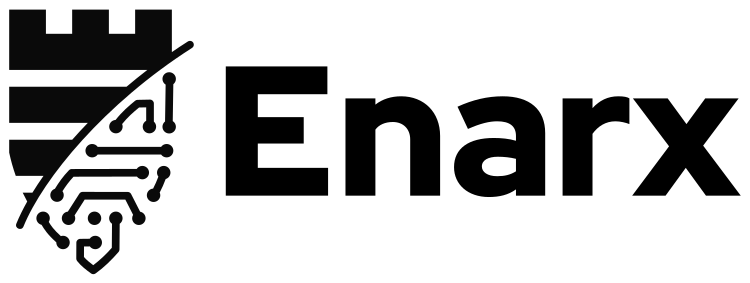This crate provides the enarx command-line tool for running
applications inside Trusted Execution Environments (TEEs) using
technologies such as Intel SGX and AMD SEV-SNP.
For more information about Enarx, please visit the Enarx project website.
For a quick introduction to Enarx and its goals, please see our Getting Started Guide, and for a more in-depth look please see our Technical Overview.
For instructions on installing the Enarx command-line tool, please see our Quick Installation Guide.
For instructions on how to build an application that can be run within Enarx, please see our WebAssembly Guide.
For instructions on how to build and contribute to Enarx, please see our Contributing Guide.
For an overview of the codebase, please see our Repo Guide.



